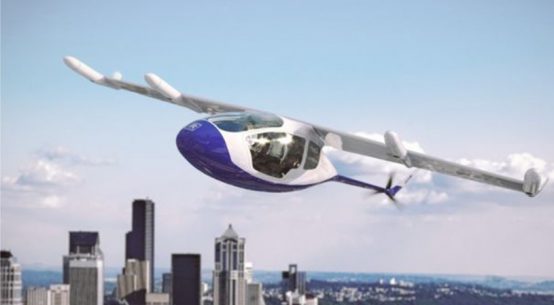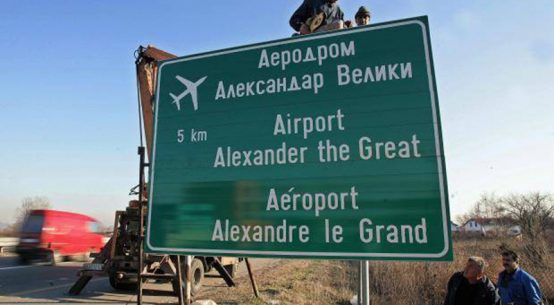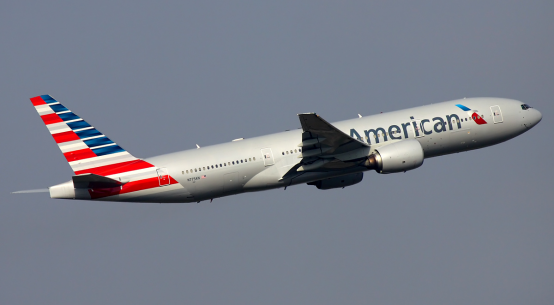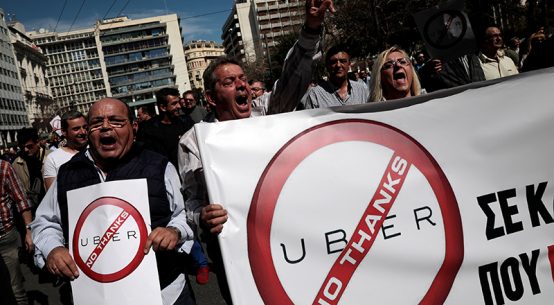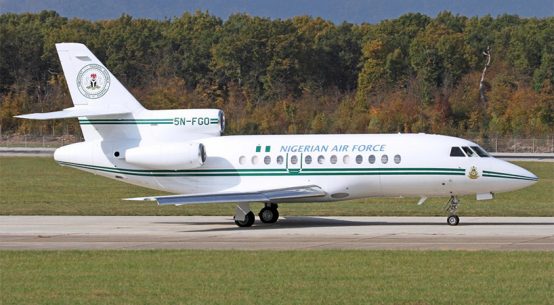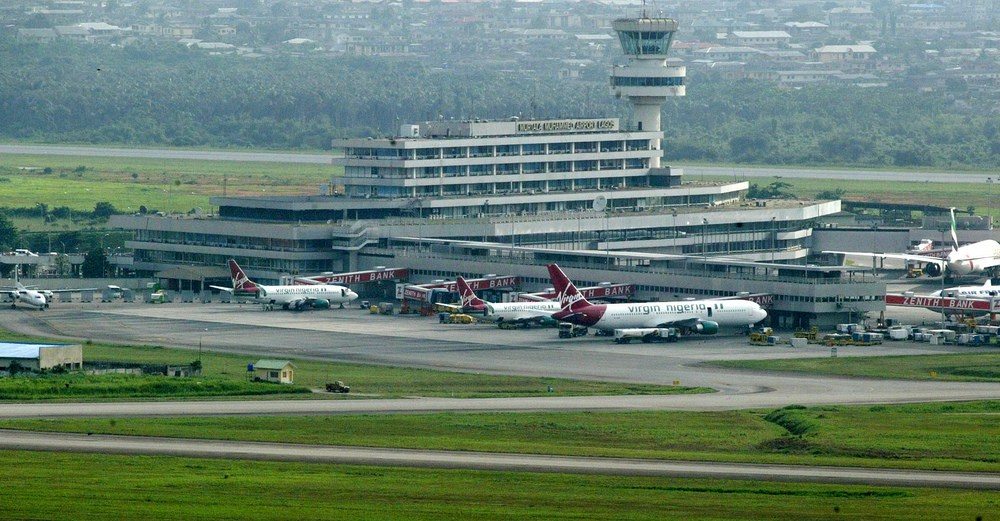
The outcry for reduction in the cost of provision of major aviation services in Nigeria by its domestic airlines operators has finally received government’s attention.
Nigeria’s acting President, Yemi Osinbajo, said on Monday that the aviation industry would play a significant role in the economic development of the country, hence efforts were on to bring down the cost of aviation services in the country.
The acting President stated this while receiving Olumuyiwa Benard Aliu, president, International Civil Aviation Organisation (ICAO), recently, whom Hadi Sirika, aviation minister of state, described at the meeting as “the first black man to lead the ICAO.”
“We believe that aviation cost will go down and that more people will participate, more people will use the services of the airlines and people will use the airports as well,” was Acting Presidents Osinbajo’s swift response to the huge aviation outcry, promising strongly that his government is working to bring down the cost of aviation fuel.

Similarly the country’s Shippers’ Council (NSC) is considering new freight rates to reduce the cost of doing business in the ports. The council’s move is coming on the heels of series of complaints to it by notable trucking stakeholders under the umbrellas of West Africa Road Transport Union (WARTU), Nigerian Association of Road Transport Owners (NARTO) and Association of Maritime Truck Owners (AMARTO) among others, to fashion a new freight rates that will reduce the cost of cargo movement from port to their various destinations.
Port users in the past had been worried over indiscriminate charges imposed by terminal operators, shipping companies and freight forwarders on importers’ consignments. The transporters had advised the Council to shoot down community extortions and add its weight to the calls for the fixing of the bad roads in the country.
In the same vein airline operators cried out for the reduction of cost of aviation services, adding that more airlines will go under if these huge costs are not reduced.
Gbenga Olowo, president, Aviation Safety Round Table Initiative (ASRTI), who spoke on behalf of the sectors said:
“Going back to almost 40 years, government airline Nigeria Airways failed, pioneer private airlines such as Okada, Kabo and so on, failed. The third generation airlines: ADC, Bellview, Chanchangi, Sosoliso and others, failed.
“Fourth generation airlines: Richard Branson’s Virgin Nigeria, Air Nigeria, among others, failed. Believe me, given the same Nigeria operating environment the national carrier yet to be born, will fail.
“It is a Nigerian business environmental factor. Business and government are permanently at variance. Cost is permanently higher than income,”
Also, Allen Onyema, chairman, Air Peace, had also raised alarm over the negative impact of various charges being levied on airlines by aviation agencies, asking the National Assembly to quickly intervene to save the sub-sector from total collapse.
Onyema said the charges were killing their operations, expressing sadness that such was responsible for the short lifespan of over 100 airlines that had gone under in the country. He said due to the harsh operating condition in the country, airlines were not making profit, adding that the little gains go to agencies in the form of taxes.
Aliu led a delegation from ICAO to pay a courtesy call on the Acting President while attending a conference of the organization in Abuja on Unmanned Aircraft Vehicles (UAV).
Commending ICAO for the hard work being done in the global industry, the acting President expressed the delight that Nigeria would be hosting the International World Aviation Forum coming up in Abuja later in the year.
Osinbajo told journalists after the meeting that Regulation of Unmanned Drones will top the agenda at ICAO Conference holding in Abuja. ICAO, the regulatory body for air transport activities, recently unveiled the Piloted Aircraft Systems (PAS), which have been adjudged to be quite useful in the transportation of drugs to sick patients in remote villages and taking aerial photographs as the case may be.
The minister of state for aviation who led the delegation said Nigeria had potentials of benefiting immensely from the symposium. He said the symposium had created awareness of Nigeria’s potentials in aviation and the outcome would be useful in regulating more efficiently the use of unmanned air vehicles.
According to Sirika, “We are not going to over regulate but for sure we will regulate so that we will remain safe and secure, and then make the industry much more efficient. We will tap from the good uses of drones.
“We have seen during the symposium on how we can use drones to send blood samples, to rescue someone with heart attack or to deliver pizza or to take an aerial photograph and so on. These are some of the benefits of unmanned vehicles; we hope that by regulating we will eliminate the dangers.”



